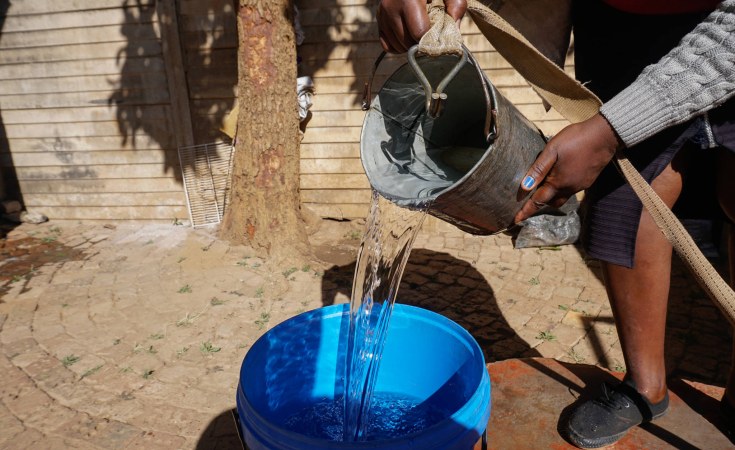Zimbabwe has officially declared the end of a devastating cholera outbreak that resulted in 34,550 cases and more than 700 confirmed or suspected deaths.
After 28 days without any new cholera cases, the Government announced the outbreak over, marking a significant victory for public health efforts in the country.
UNICEF, one of the key partners in the response, commended the comprehensive and coordinated approach led by the Government.
In a statement, the organization praised the swift and effective actions that brought the outbreak under control.
"UNICEF applauds the effective Government-led intersectoral response, which included interventions in health, water, sanitation, hygiene, nutrition, education, child protection, and communication. We recognize the efforts of many national and international partners and the instrumental role played by communities and their leaders, including traditional leaders, in combating cholera," the statement read.
UNICEF highlighted its role in the multi-faceted response, which included the provision of emergency health supplies, technical and operational support for cholera vaccination campaigns, and the distribution of critical water, sanitation, and hygiene supplies to communities at risk.
The organization also facilitated the training of health workers in critical areas such as case management, surveillance, and infection control within treatment facilities.
In addition to the on-ground interventions, UNICEF spearheaded communication campaigns aimed at promoting health and hygiene measures to prevent cholera and emphasized the importance of early medical treatment, particularly for children.
These efforts were crucial in controlling the spread of the disease and ensuring that communities were well-informed and equipped to protect themselves.
"As the cholera outbreak is now officially over, UNICEF will continue to support the Government through its water, sanitation, and hygiene programmes and social and behavioral change initiatives, to strengthen access to clean water and promote preventive behaviours as key interventions to prevent new cases of cholera," UNICEF said.
The successful response to the outbreak was made possible through the support of a diverse group of donors and partners. UNICEF's efforts were funded by multiple entities, including the Centers for Disease Control and Prevention (CDC), the European Civil Protection and Humanitarian Aid Operations (ECHO), the Health Resilience Fund (HRF), supported by the Governments of Ireland, the United Kingdom, the European Union, and GAVI, the Vaccine Alliance, Japan, the UN Central Emergency Response Fund (CERF), and UNICEF Global Humanitarian Funding.
Private sector partners also contributed, with Alliance Media & JCDecaux providing in-kind support through digital billboards, and the United Parcel Service (UPS) Foundation offering Cash-In-Kind logistics support for essential commodities.


